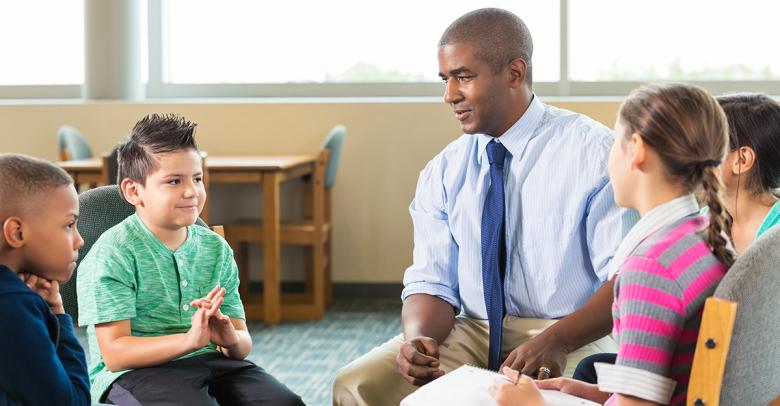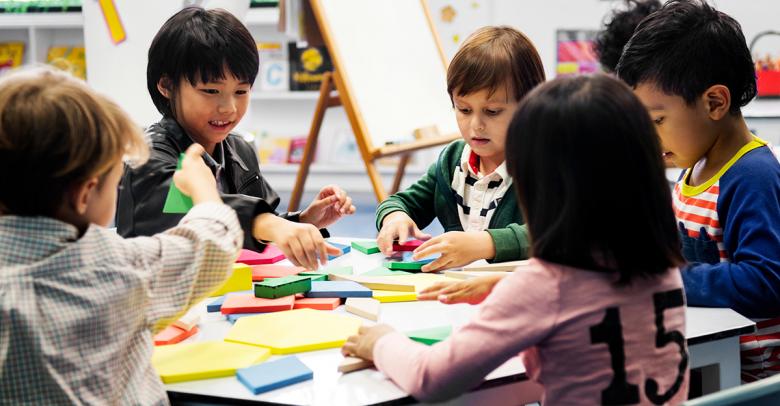It’s a beautiful summer day. Clouds drift across the sky like puffy, white dragons. The air is filled with the smell of freshly moed grass, tomato plants, and clean sheets on backyard clotheslines. It’s the type of day children dream about as they’re sitting at their school desks, fretfully scribbling out math equations or learning the difference between nouns and verbs. So why are so many kids sitting indoors during the summer playing video games? Why do more children know how to play computer games than swim or ride a bike? In the 21st century, techno-toddlers know that A is for “Apple,” but we’re not talking about the kind that Old MacDonald grew on his farm.
The Royal Road
The idea of play has changed over the years. To borrow an expression from Freud, if play is the “royal road” to a child’s conscious and unconscious inner world, then that road has been forever altered by modern technology. Games of kickball and hide and seek, tree climbing, summer camps, swimming or casting a line in the local fishing hole – the olly olly oxen free methods of childhood play and make believe – are being replaced with pixelated realities. The glow of the summer moon is overshadowed by the blue glow of phones, tablets, and laptops. According to Action for Children, one in four parents struggle to control their children’s screen time.
In 2010, when Apple co-founder Steve Jobs was asked by a journalist if his children loved the newly-released iPad, the tech-guru responded, “They haven’t used it. We limit how much technology our kids use at home.” How to strike a balance between digital and non-digital activities is a controversial topic. All parents approach parenting differently; for every father who puts strict limits on his children’s screen time, saying devices negatively effect their social development and attention span, there’s a mother who has a more relaxed approach to technology, claiming tablets and apps inspire her children to draw and create. Even amongst professionals screen time is a divisive issue. The American Academy of Pediatrics suggests no screen time for the first two years of life; after that, it recommends no more than one or two hours a day. Waldorf schools, on the other hand, exclude screen time before the age of 12.
Interacting with the World
Tech products are designed to catch and keep people’s attention, but the world is a far more engaging place than a laptop or tablet. In Stanley Greenspan’s novel, “The Growth of the Mind,” the professor of Psychiatry, Behavioral Science, and Pediatrics explains how we learn when we’re children through our emotional interactions with the world. Computer-aided attention dulls the senses, which in turn affects a child’s emotional interactions with the world. In other words, children no longer see the puffy, white clouds or smell freshly mowed grass, tomato plants, and clean sheets flapping in the wind on a summer day.
Also Read: The Impact of Screens on Children, and How to Encourage a Healthier Lifestyle






Leave a Reply